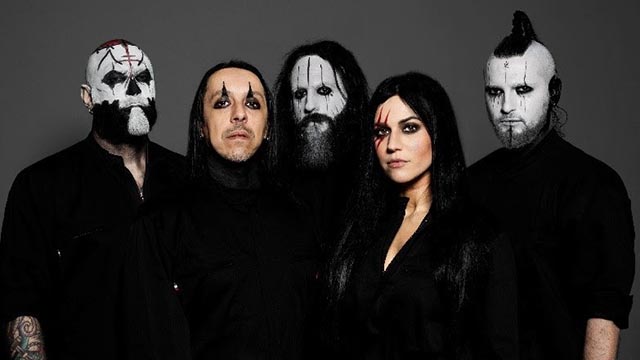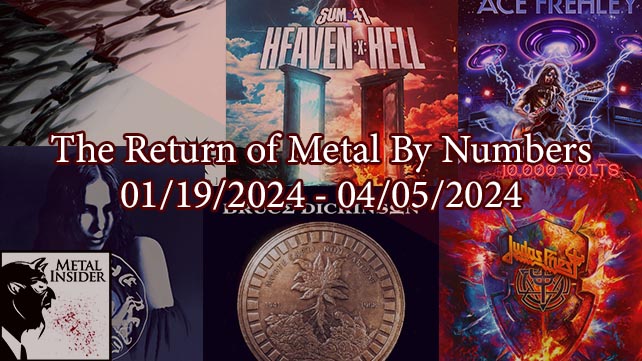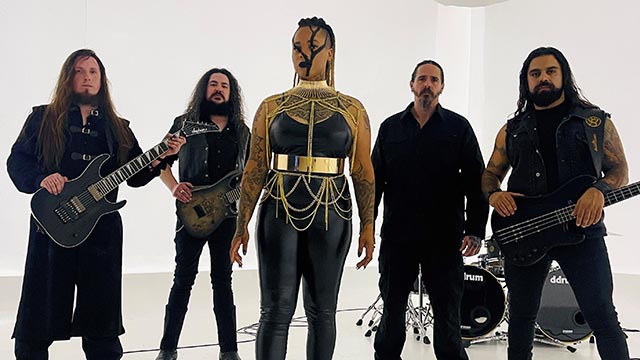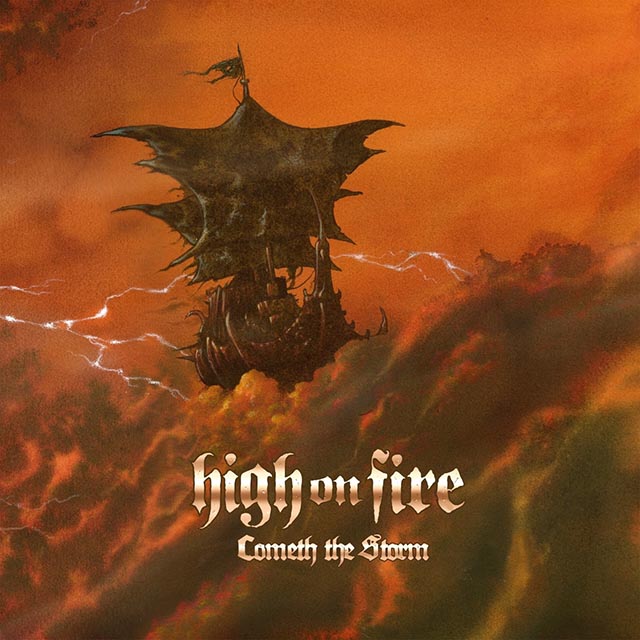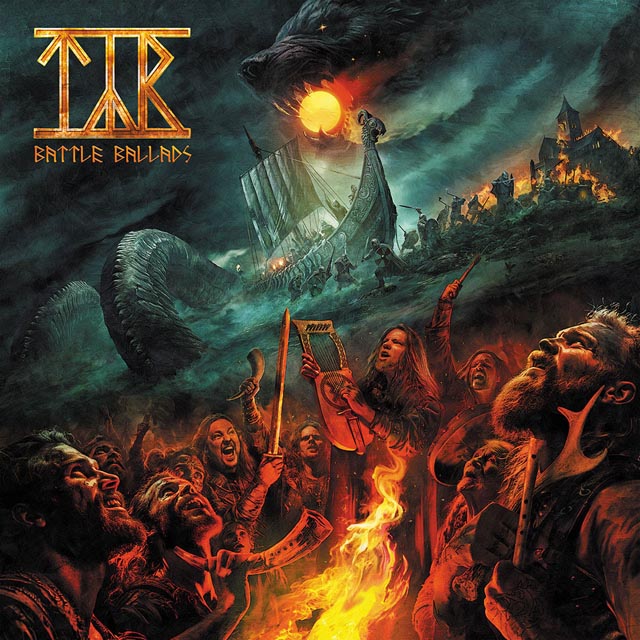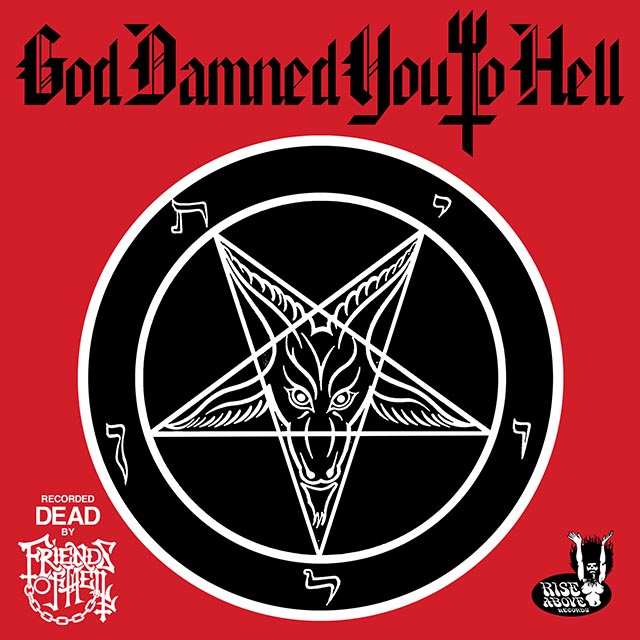 It’s been a while since we’ve debated the merits and/or downfall of Spotify. Then Taylor Swift pulled her catalogue from the streaming service, and sold more copies of her new album 1989, in one week than any other record had sold this year. THIS YEAR. Granted, Taylor Swift is a legitimate phenomenon, but her campaign for the album’s rollout was done in a very old school way. And while she’s on a different level, it could be argued that some albums might be able to sell more if the only way the fans could hear it was by buying it. As streaming becomes something that even older music fans are becoming used to, the question remains whether there’s any reason not to be available on online streaming services.
It’s been a while since we’ve debated the merits and/or downfall of Spotify. Then Taylor Swift pulled her catalogue from the streaming service, and sold more copies of her new album 1989, in one week than any other record had sold this year. THIS YEAR. Granted, Taylor Swift is a legitimate phenomenon, but her campaign for the album’s rollout was done in a very old school way. And while she’s on a different level, it could be argued that some albums might be able to sell more if the only way the fans could hear it was by buying it. As streaming becomes something that even older music fans are becoming used to, the question remains whether there’s any reason not to be available on online streaming services.
Bram: I think that it only makes sense for someone in Taylor Swift’s position to not be on Spotify. They’ve definitely got some things to work out in terms of how they pay the artists, but it’s one of the top ways I search for music I want to hear. It’s frustrating to search for an artist to find that they’re not on there, and there are fewer and fewer holdouts. I can understand why my former co-worker at Billboard Bill Werde is cancelling his subscription. I subscribe to Spotify because I know my $10/month is helping out artists at least slightly more than anyone listening for free. But I want everything to be on there.
Getting fractions of pennies for every play is more than the zero that people would get by stealing music. And I hope that Spotify’s math works out and more people get premium subscriptions so artists continue to increasingly get paid more. But any label or artist that’s holding out until that happens is losing out on not potential revenue, but also discovery. Spotify is a good way to hear an album when it comes out, and while most albums are streamed somewhere in advance of them coming out, it’s the best way to hear an album, or a new artist you’re hearing about, once it is out.
Seth: Have your music on Spotify, or whatever streaming service, and have an album worth buying. I can’t afford crazy bandwidth charges to stream music all the time, so the music I love — which I usually find on Rdio — I purchase and have my own copy.
My biggest fear is these streaming services going away. Spotify is here today, but Lala had its day, too, until Apple bought it and shut it down. Beats may be rolled into iTunes. What happens when Spotify closes, goes bankrupt, or loses a label or two and half its catalog disappears overnight?
Nick: On the one hand, I see the TSwift situation as “Giant millionaire pop phenomenon doesn’t need Spotify’s fractions of pennies, zippity do da,” but that’s obviously not the point here. On the issue of streaming payouts, we’ve even come a long way from a few years ago on that front. Youtube monetization is still a pretty young system, whereas not very long ago streaming paid nothing at all. I’m not saying art shouldn’t be valued and artists shouldn’t want to be paid more for their work, (I’m an artist myself, and as a fellow performer I think Bram will echo this) but it’s a great way to open the doors for people to spend more substantial money on you.
We’re at a point where people are way less willing to take a chance and spend money on an artist they don’t know. CD sales are such a moot point nowadays anyway, (bear in mind the platinum sales situation we’re experiencing this year) and most people realize that tickets and merch are where the closest thing to real money is at. The ideal situation is: potential consumer streams record in order to decide whether or not they even like the thing, they then buy the record, pick up a ticket to see the artist play, buy a shirt at the show, and there you go.
Is the artist going to make a killing? No! Hell no, because this isn’t the day and age for that. This all affects the age old “who’s the next Metallica” conversation, and the fact is that unless you’re an existing rock star who made their bones in the 80s, labels just don’t have that much money to spend on you. Especially in our world, nobody’s going to be a new millionaire. Generally, I feel that the philosophy should be to allow people to hear your music, and leave the door open to support you. If you’ve got real fans, they will.
As someone who trawled Bandcamp for new artists for fun way before I ever did it for Amplified, I’ll gladly drop $6 or whatever on some unsigned Russian one man band or whoever, just because I streamed his record and had faith in the artist. The way I work on this stuff obviously doesn’t apply to everyone, but it’s a hard topic to really nail down, and there’s no one right answer. I’m just one dude, but if any small or unsigned band asks me what they should be doing, my first answer is to put your damn record on Spotify. Offer as many options as you can for people to hear your art, first and foremost, and don’t give them any excuse to not listen to it. If your Bandcamp page requires you to buy and offers no chance to stream, you are actively denying yourself fans in 2014.
Chris: I completely understand why an artist with Taylor Swift’s level of exposure would pull their back catalog from Spotify. In a genre like pop, where only the most current songs get exposure, it’s important for her sales numbers that fans aren’t going back and listening to her older songs with nostalgia. However, for the artists in virtually every other genre, not being on Spotify is wasting a potential revenue stream and preventing listeners from being exposed to you. Having your songs appear on a randomly generated Spotify playlist essentially guarantees new listeners in a way that almost no other media source can. And while the payout is certainly less optimal than what artists would get from CD sales, it still remains a better option than having your music stolen. Furthermore, exposure through Spotify can lead new listeners to contributing to a band’s livelihood through other means like live shows and merchandise. With all of these benefits, most artists can’t afford not to be on Spotify. And until the music industry evolves into a model whereby fans can pay artists directly for the music they consume, without having a label or distributor as a go-between, getting paid a small amount through Spotify is much more attractive than losing money entirely to piracy.
Zach: First off, I really have a hard time believing that Taylor Swift’s sales would’ve been hindered by her music being available on Spotify. As sluggish as album sales in general have been this year, Swift’s new record was pretty much destined to sell millions in its first week, and those who really didn’t want to buy the album before hearing it could easily turn to YouTube or even (*gasp*) illegally download it. In fact, I’d almost argue that most would’ve turned to YouTube to hear “Shake It Off” before heading to Spotify anyway.
But the point we all seem to agree on is that not everybody is as powerful as Taylor Swift. Hell, even Coldplay (one of the most popular “rock” bands today) had a modest first week sales for their new album this year (well, modest compared to their past albums) despite not being on Spotify. The truth of the matter is that services like Spotify are nice ways for listeners to test music out before potentially purchasing said music (or deciding to purchase tickets or merchandise), while also giving artists a little revenue in exchange for the sampling. Is it said that said revenue is pathetically low? Absolutely. Is it better than nothing? Absolutely, and unfortunately thanks to illegal downloading, we’re stuck in the “better than nothing” phase (a phrase the music industry would never dare say in 2000 but is now forced to live with).

